Chronology
Chronology is the science of arranging events in the order in which they occurred. It involves the study of time, including the sequencing of past events, their dates, and the duration of time between them.
Key Concepts
- Time Periods: Chronology involves understanding different time periods and how events fit into them.
- Chronological Order: Events are arranged in the order in which they occurred, allowing for a better understanding of historical sequences.
- Relative Dating: This method involves placing events in a sequential order based on their position in time relative to other events.
- Absolute Dating: This method involves assigning specific dates to events, often through the use of scientific techniques like radiocarbon dating or dendrochronology.
Study Guide
To understand chronology, consider the following study guide:
- What is the significance of arranging events in chronological order?
- How is relative dating different from absolute dating?
- Provide examples of techniques used in absolute dating.
- How do different historical periods help us understand the progression of events?
- Discuss the importance of chronology in historical research and understanding.
By studying these concepts and questions, you can gain a better understanding of chronology and its importance in understanding historical events.
.◂Science Worksheets and Study Guides Sixth Grade. Plant reproduction
Study Guide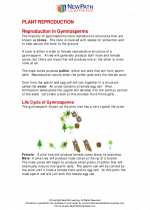 Plant reproduction
Plant reproduction  Activity Lesson
Activity Lesson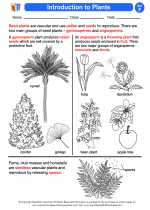 Introduction to Plants
Introduction to Plants  Worksheet/Answer key
Worksheet/Answer key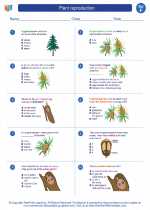 Plant reproduction
Plant reproduction  Worksheet/Answer key
Worksheet/Answer key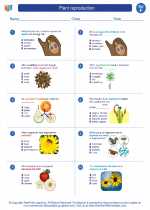 Plant reproduction
Plant reproduction  Worksheet/Answer key
Worksheet/Answer key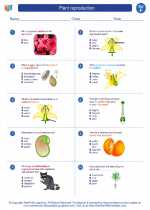 Plant reproduction
Plant reproduction  Vocabulary/Answer key
Vocabulary/Answer key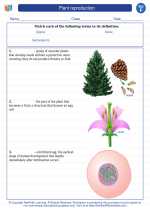 Plant reproduction
Plant reproduction 

 Activity Lesson
Activity Lesson
 Worksheet/Answer key
Worksheet/Answer key
 Worksheet/Answer key
Worksheet/Answer key
 Worksheet/Answer key
Worksheet/Answer key
 Vocabulary/Answer key
Vocabulary/Answer key

The resources above cover the following skills:
LIFE SCIENCE
From Molecules to Organisms: Structures and Processes
Students who demonstrate understanding can:
Use argument based on empirical evidence and scientific reasoning to support an explanation for how characteristic animal behaviors and specialized plant structures affect the probability of successful reproduction of animals and plants respectively.